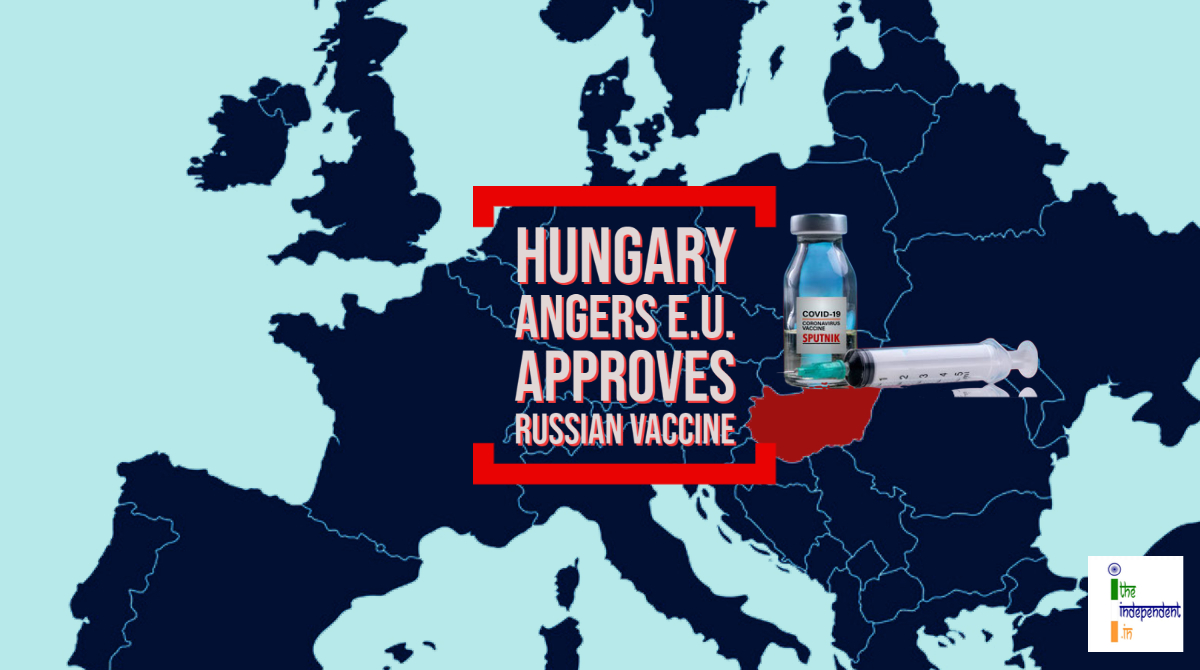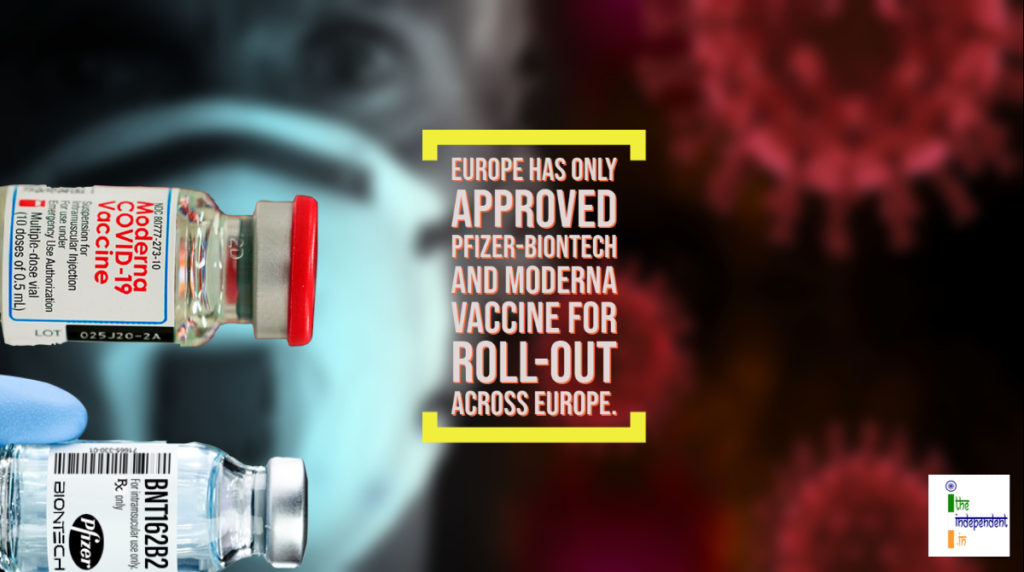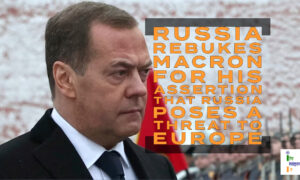
Hungary has become the first European Union (E.U.) nation to give preliminary approval to the Russian Coronavirus (COVID-19) vaccine – Sputnik V.
This has irked the E.U. which had earlier said that member nations need to act in solidarity and they should not indulge in separate purchase of vaccine. As per E.U., the vaccine has to be approved by European Medicines Agency (EMA), E.U.’s agency in charge of the evaluation and supervision of medicinal products.

EMA has so far not approved the Sputnik V. It has only approved Pfizer-BioNTech and Moderna vaccine for roll-out across Europe.
Hungary has blamed the slow roll-out of the two approved vaccines for taking its own decision. The Minister of Foreign Affairs of Hungary – Péter Szijjártó is travelling to Moscow, where he is expected to discuss a shipment and distribution deal.
Speaking on the occasion, Current Minister of the Prime Minister’s Office of Hungary – Gergely Gulyas said, “If vaccine shipments arrive at this rate from Brussels, we can only get vaccines from other, alternative sources.”
Hungary is also in talks with China for procuring 1 million doses of Chinese COVID-19 vaccine – Sinopharm. This vaccine is already in use by Serbia. Sinopharm, a Chinese state-owned company, announced last month that phase three trials of its jab showed that it was 79% effective, which is lower than that of Pfizer-BioNTech, Moderna and Astra Zeneca.
Hungary has also given a green signal to AstraZeneca vaccine. But the challenge remains they cannot start mass inoculation because EMA has not yet approved it.
The Prime Minister of Hungary – Viktor Orbán has confirmed that Hungary’s vaccination capacity exceeds the number of vaccines arriving from the European Union by far. At the E.U.’s current rate, it would not be before autumn 2021 that Hungary could lift restrictions. As of now, Hungary has vaccinated more than 140,000 people. Orban feels that Hungarian healthcare system is capable of inoculating 500,000 people in a regular day.
Separately, scientists have raised concerns about the speed at which Moscow launched its vaccine, gave the regulatory go-ahead for the shot at home and launched mass vaccinations before full trials to test its safety and efficacy. Russia has said that its vaccine is 92% effective but has not yet released the full dataset for the trials.
This is not the first time Hungary has gone against the bloc. In November 2020, Hungary and Poland had vetoed the approval of E.U.’s budget and recovery package of €1.8 trillion because the budget law included a clause which stated that funds would be accessible to those who respect the rule of law. The vetoed package included a € 750 billion Coronavirus (COVID-19) recovery fund. Without unanimous consent of all the member nations, the E.U. budget and recovery fund cannot be approved. Hungary and Poland are against linking of E.U. budget and recovery fund to respect for the rule of law because they are currently under investigation for undermining the independence of courts, media and non-governmental organisations. It was only after negotiations that the two agreed to approve the budget.
However, Hungary has accused Germany and E.U. of having double standards for not allowing them to approve Russian vaccine but they themselves are working with Russia on Nord Stream 2 for bringing Russian gas to Germany.







